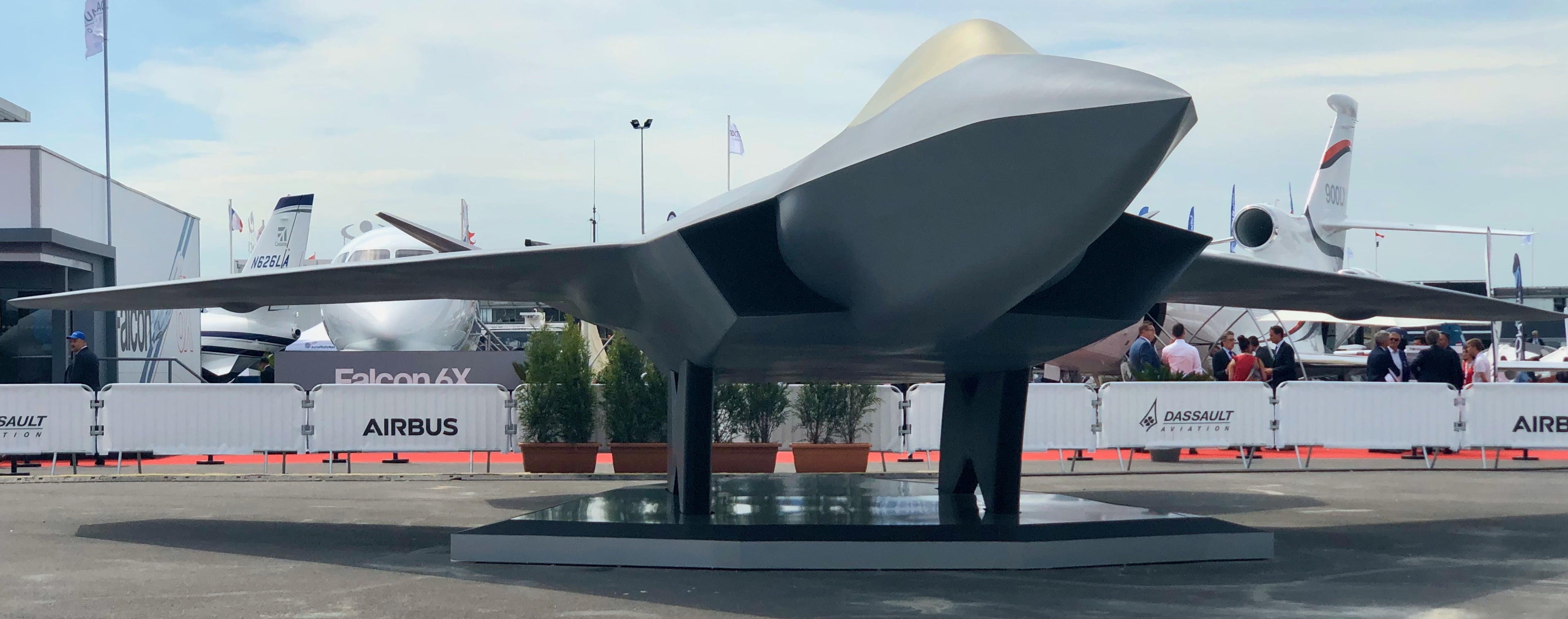By Pierre Tran
Paris – France, Germany and Spain said last month they had reached agreement to launch a long awaited development phase for a European future combat air system, but it has emerged there were still industrial and political issues to resolve.
What has emerged is that the key companies Airbus and Dassault Aviation may have reached an industrial agreement, and the three nations may have reached an intergovernmental agreement, but industry and government have yet to agree the budget.
The date on program managers’ diary is June 23, when the powerful finance committee of the German parliament considers the budget for launch of phase 1B to develop the FCAS, in which a new generation fighter is a major element.
There are still be industrial issues to be resolved, but there has also been negative press coverage, threatening a project which is effectively a European bid for strategic autonomy, said Jean-Pierre Maulny, deputy director of Institut des Relations Internationales et Stratégiques, a think tank.
“The problem is that today the Cassandras on both sides of the Rhine are at work,” he said Feb. 16 on the IRIS website. Some reports drew almost a caricature account of nice French and nasty Germans, or vice versa, he said.
The three partner nations said May 17 in a joint statement they had reached consensus on phase 1B, which seeks to fly a technology demonstrator for the fighter jet and remote carrier drone in 2027.
An absence of government agreement with industry may lie behind the French armed forces ministry declining to comment May 21 on whether the three nations were asking industry to cut costs by five percent, or close to €200 million ($242 million), as reported in business website La Tribune.
Some companies are ready to cut their offer by three percent, but Airbus has declined so far, business weekly Challenges reported May 25, leaving an €80 million gap between what industry was offering and the overall budget.
The budget for phase 1B, due to run 2021 to 2024, is worth some €3.5 billion, with €990 million from France, €970 million from Germany, and €940 million from Spain, the report said.
“There is presently no agreement between the governments and industry,” Eric Trappier, executive chairman of Dassault, told May 18 daily Le Figaro. “Discussions are continuing.”
Dirk Hoke, chief executive of Airbus Defence & Space, agreed with that, the daily reported, adding the French defense ministry said there was lack of agreement on prices pitched by industry.
A spokesman for Dassault, which owns Le Figaro, confirmed the report.
The timing of the announcement of government agreement reflected time pressure, an industry source said.
With the German parliament on a tight timeline before closing for the summer break and ahead of the September general election, the governments needed to submit a budget proposal for approval by the Bundestag.
There were issues still to be resolved, but talks were continuing in a bid to reach full agreement in time for approval by the German parliamentarians.
On the German side of the Rhine, there was a report from the Federal Office of Bundeswehr equipment, information technology and service support, which criticized the amount of work which would be assigned to French industry, leaving German companies in a weaker position, weekly news magazine Der Spiegel reported last weekend.
The report showed a divided Germany defense ministry, with the defense minister Annegret Kramp-Karrenbauer seen as the main target in a pre-election period, and the FCAS as collateral damage, La Tribune reported.
There was also a part of the defense ministry favoring the US, and that included the F-35 over the planned European fighter.
There were some in Germany who referred to FCAS as the “French Combat Air System,” reflecting hostility to a perceived greater role for French industry, Challenges reported.
Meanwhile, there is still discord over intellectual property rights, and access sought to “background” technology acquired on Dassault’s work on Mirage and Rafale fighters, and the Neuron demonstrator for an unmanned combat aerial vehicle, the magazine reported.
Intellectual property rights are important to Dassault and underpin its industrial competitiveness, but taxpayers funded the technology though government spending on research and technology, Maulny said.
“Compromise needs to be accepted,” he said.
“Companies have to give up something they used to do.”
The joint announcement of the three partner nations said a far reaching agreement had been reached.
But much remains to be resolved to reach the final agreement.
Or as American reggae singer Johnny Nash sang in 1972,
“There are more questions than answers
“And the more I find out the less I know.”


